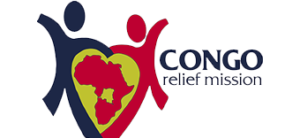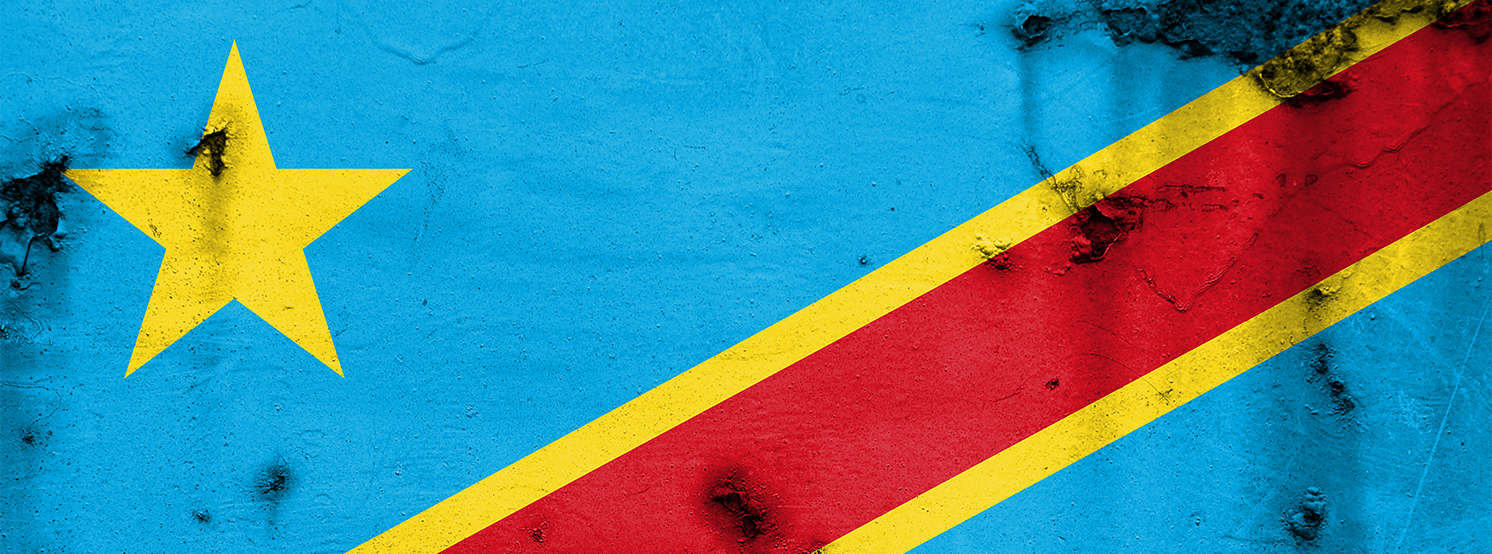The Democratic Republic of Congo (DRC) covers an area of sub-Saharan Africa about one-fourth the size of the United States. With a population of 79 million, it is the fourth most-populated nation in Africa. The country has been plagued by conflict and instability since the aftermath of colonialism. Since the Rwandan genocide in 1994, which sparked an on-going regional conflict, it is estimated that over five million people have died in the Congo as a direct or indirect result of that conflict. Fighting continues, particularly in eastern Congo, and has spilled over into Kasai-Oriental, of which Mbuji-Mayi is the capital.
According to the United Nations, DRC is ranked 176 of 199 countries on the Human Development Index. The HDI is a composite statistic of life expectancy, education, and per capita income indicators.
 According to the World Food Program, “[t]he combination of persistent, violent armed conflicts, massive population displacements, poor or nonexistent infrastructure, and widespread deterioration of productive assets have significantly affected food security in the DRC over the past two decades. There are more than 6 million people in a situation of acute food security and livelihood crisis in the county.” A World Health Organization index of acute malnutrition deems the situation in the Congo “alarming,” and about 43% of all children under the age of five are chronically malnourished.
According to the World Food Program, “[t]he combination of persistent, violent armed conflicts, massive population displacements, poor or nonexistent infrastructure, and widespread deterioration of productive assets have significantly affected food security in the DRC over the past two decades. There are more than 6 million people in a situation of acute food security and livelihood crisis in the county.” A World Health Organization index of acute malnutrition deems the situation in the Congo “alarming,” and about 43% of all children under the age of five are chronically malnourished.
The Congo elected a new president, Felix Tshisekedi, in controversial elections in 2018. The country faces ongoing problems with political instability, violent conflict, and an ebola outbreak. Read more here.
Mbuji-Mayi
Congo Relief Mission’s focus is in Mbuji-Mayi and the surrounding areas. Mbuji-Mayi is the capital of Kasai-Oriental Province in the south-central DRC. It is the third largest city in the country, with a population estimated by the United Nations in 2008 as more than 3 million people, although the exact population is unknown. The area is largely underdeveloped with a total lack of basic infrastructure, including running water and electricity. War, political uncertainty, and economic collapse have left many of the people without basic essentials, especially women and children.

